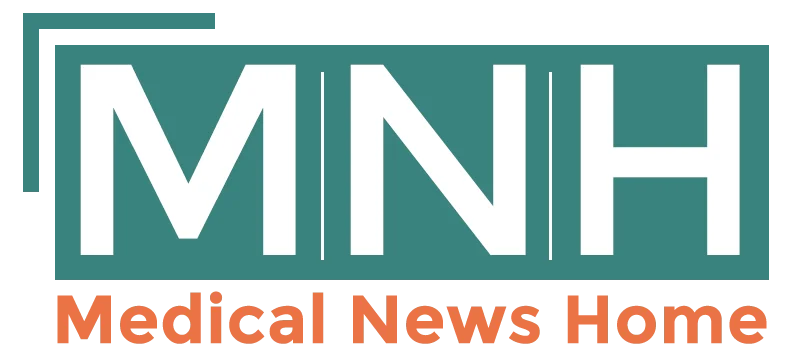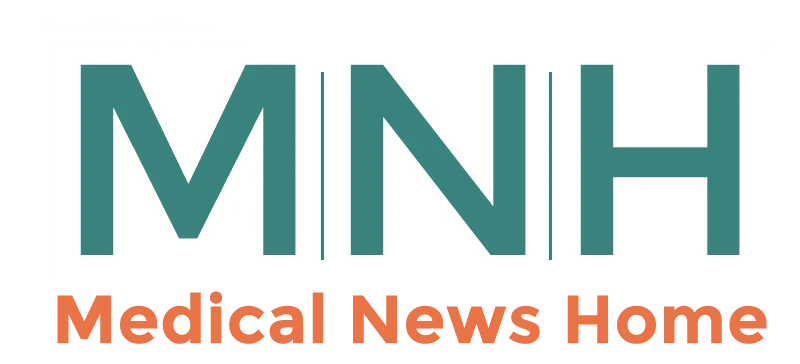Is Veganism as Good for You as They Say?
- Updated on: May 6, 2025
- Published on Sep 1, 2022

When you hear the word vegan, you may conjure up images of tofu and Tofurkey, as well as fresh vegetables and beans. But did you know that veganism is more than just a diet? A growing vegan movement strives to cause as little harm as possible. To that end, adherents refrain from wearing certain types of clothing and activities, as well as eating certain foods.
Though veganism is commonly thought to be a diet that excludes all animal products, becoming vegan can also imply more drastic lifestyle changes. A vegan lifestyle entails avoiding anything that requires the exploitation of another living being to the greatest extent possible and practicable. Of course, this includes not consuming animal products, but it also includes paying attention to clothing, makeup, and a variety of other aspects of life.
Is Veganism A Healthy Way of Life?
Many nutritionists believe that vegan diets can be healthy; for example, the American Dietetic Association (ADA) states that “appropriately planned vegan diets are appropriate for individuals at all stages of life.” To fully address this question, it is necessary to focus on the dietary components that are frequently suspected of being deficient in vegan diets. Protein, calcium, vitamin B12, vitamin D, essential fatty acids, zinc, iodine, and iron are the components that deserve special attention.
Vegan diets can be a part of a healthy lifestyle if properly planned and implemented. Vegan diets, like any other eating plan that restricts specific food groups, can be deficient in essential nutrients such as protein, calcium, iron, and vitamin B12. Vegan diets can certainly be a part of a healthy lifestyle if properly planned and supplemented (as needed). However, you do not have to be vegan to live a healthy lifestyle. As a general rule, a healthy diet should be rich in a diverse range of plant-based foods, such as fresh vegetables, fruits, legumes, nuts/seeds, and whole grains.
There is certainly room to incorporate meat/animal products while maintaining the benefits of plant-based foods if you prioritize plant-based foods at your meals. It is recommend eating lean proteins such as skinless poultry, fish, and seafood on occasion and incorporating a meat-free meal. Limiting highly processed meats or meat substitutes on either diet is critical to maximizing the health benefits of either diet.
Is It Better to Be A Vegan?
A vegan diet high in whole, plant-based foods and low in processed foods has numerous health benefits. “A plant-based diet entails more than avoiding meat and animal products. It emphasizes the consumption of fruits, vegetables, legumes, whole grains, nuts, seeds, and oils.” Nutrients, vitamins, minerals, and fiber are abundant in a plant-based diet. Consuming enough fiber promotes gut health as well as improved blood sugar, weight, and cholesterol control.
Plant-based diets also have the following health benefits:
- Avoid heart disease.
- Assist in maintaining a healthy weight and losing excess weight.
- May aid in blood sugar control and the prevention of Type 2 diabetes.
- Lower your bad cholesterol levels.
- Cancer risk may be reduced.
- May aid in the reduction of arthritis symptoms such as pain and joint swelling.
- Alzheimer’s disease risk may be reduced.
“Eating more plant-based foods is a significant step forward.” If becoming a vegan seems overwhelming, consider starting with a goal of eating more plant-based foods.”
The Dangers of A Vegan Diet
Veganism, like any diet, has advantages and disadvantages. And, while veganism can be a healthy, sustainable diet for some, it’s critical to educate yourself on any potential risks associated with this popular eating pattern before committing to it.
Here are some of the potential disadvantages of following a vegan diet.
Micronutrient Deficiencies
Vegan diets are generally high in nutrients, low in saturated fat and cholesterol, and high in dietary fiber. However, there are many nutrients that vegans frequently do not consume enough of. If you’re not careful, a vegan diet can lead to deficiencies in vitamin D, calcium, omega-3 fatty acids, and zinc. These deficiencies can have a variety of effects on your body, including a weakened immune system, an increased risk of bone fractures, high blood pressure, rashes, or fatigue.
Low Iron Levels
Iron is essential for transporting oxygen throughout your body, but it can be difficult to get enough of it on a vegan diet. Iron is classified into two types: heme iron and non-heme iron. Only animal sources contain heme iron. Because vegans do not consume heme iron, they must rely on non-heme iron, which can be found in plant sources such as fruits and vegetables. Unfortunately, unlike heme iron, it is not as easily absorbed by the body.
Furthermore, certain plant-based compounds can inhibit iron absorption, making it more difficult for vegans to consume enough iron. Not getting enough iron can make you tired and put you at risk of developing iron-deficiency anemia, a potentially fatal condition that occurs when your body does not produce enough red blood cells.
Vitamin-B12 Deficiency
Unfortunately, this deficiency can be difficult to identify. Many vitamin B12 deficiency symptoms, according to the National Institutes of Health, can be confused with other conditions such as weight loss, appetite loss, constipation, fatigue, weakness, and anemia. Some potentially irreversible neurological symptoms of this deficiency include numbness or tingling in the hands and feet, balance problems, and even dementia.
Aiming to eat a varied, nutrient-dense diet and possibly taking B12 and other vitamin supplements may help you avoid certain deficiencies.
Protein Deficiency
A protein deficiency can cause fatigue, hair loss, and swelling, among other things. Because this diet excludes meat, a popular protein source for many, vegans must make sure to consume plenty of high-quality, vegan-friendly proteins.
“Vegan protein sources include, but are not limited to, tempeh, soy foods (including tofu, edamame, and soy milk), legumes (including chickpeas, black beans, and lentils), nuts (including almonds, walnuts, and cashews), seeds (including flax seeds or chia seeds), seitan, and quinoa.”


